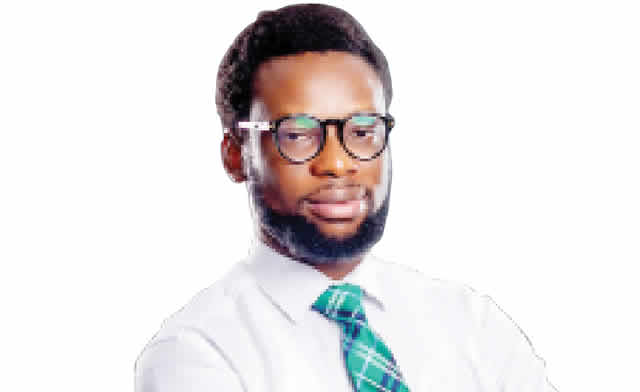Ibrahim Dende, the founder of IBD Hotels, has formally requested the High Court of the Federal Capital Territory in Abuja to allow him to withdraw his N500 million defamation lawsuit against investigative journalist Fisayo Soyombo and the Foundation for Investigative Journalism. A notice titled “Notice of Discontinuance,” dated September 30, 2024, was submitted to the court and to the parties involved, where Dende expressed regret for any inconvenience caused. This notice was delivered shortly before the case was scheduled for a definitive trial, highlighting the abrupt change in Dende’s legal approach.
In response to Dende’s decision to withdraw the lawsuit, counsel for the Foundation for Investigative Journalism, Slingstone LP, filed a motion contending that Dende’s request was improperly executed. They argued that under the High Court’s Civil Procedure Rules, specifically Order 24 Rule 1(3), the claimant is required to seek the court’s permission to withdraw or discontinue the case, particularly since a defense had already been filed. Their motion aimed to have the lawsuit dismissed entirely, asserting that Dende should not be allowed to refile the case in the future, which they viewed as a potential misuse of the judicial system.
Slingstone LP further claimed that Dende’s letter of discontinuance was invalid and impeded judicial processes. They alleged that Dende filed the lawsuit with malicious intentions, aimed at securing an injunction that would suppress ongoing press coverage of his alleged involvement in illicit activities, such as smuggling through Nigerian borders and maintaining undisclosed associations with public officials. The counsel stressed that the first and second defendants had incurred significant legal costs due to this “frivolous” action initiated by Dende, illustrating the considerable implications of his legal maneuvers.
During the court proceedings presided over by Justice Binta Mohammed, counsel for the defendants formally brought forth their objections against Dende’s notice of discontinuance. They reiterated their stance that Dende was obliged by court regulations to obtain express permission to withdraw the suit, thereby presenting a case for the court to dismiss Dende’s notice as an abuse of judicial process. They highlighted that Dende’s unilateral withdrawal was inappropriate given the expenses incurred by the defendants in defending the suit.
Dende’s lawyer, Bola Aidi (SAN), attempted to retract his earlier request to withdraw the defamation suit but faced opposition from Terence, counsel for Soyombo and the Foundation for Investigative Journalism. Terence argued that allowing Dende to withdraw his request for discontinuance would constitute a further abuse of the judicial process. Given the contested nature of these motions and the legal complexities involved, the court directed both parties to articulate their arguments orally, indicating the serious consideration required for the case.
After the oral arguments were presented, the court reserved its ruling, planning to weigh the arguments and evidence given before making a decision. The matter has been scheduled for further deliberation on November 21, 2024, showing the court’s intent to thoroughly assess the details presented by both parties regarding the validity of the discontinuance and the procedural rules that govern such legal actions. This case highlights critical issues surrounding defamation lawsuits, press freedom, and judicial processes in Nigeria, emphasizing the intricate relationship between media practices and the legal system.














